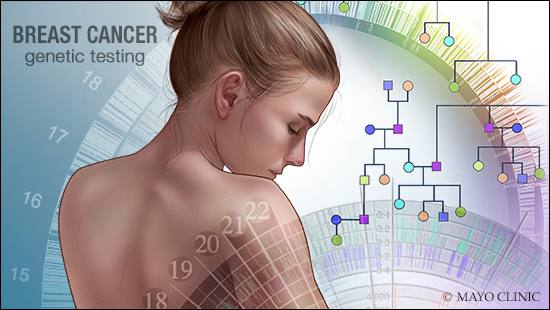-
Women’s Wellness: Skipping chemo treatment for early-stage breast cancer patients

Genomic information can help guide treatment for women with early-stage breast cancer and determine if they need chemotherapy after surgery.
That's according to a study presented on Sunday, June 3, at the American Society of Clinical Oncology meeting and published in The New England Journal of Medicine. The National Cancer Institute funded the research which was conducted as a cooperative group study at multiple cancer centers across the U.S., including Mayo Clinic Cancer Center.
Researchers say breast cancer patients with small tumors that had not spread to the lymph nodes did just as well without chemotherapy as those who got the treatment.
"This confirms that many patients with hormonally sensitive, early-stage breast cancer can be spared the toxicities of chemotherapy," says Dr. Kathryn Ruddy, an oncologist at Mayo Clinic not involved in the study.
There are many challenging side effects of chemotherapy, including nausea, fatigue, hair loss, and infertility. Experts say this information will affect clinical practice almost right away.
"The power of this gene expression assay is that it allows oncologists to provide personalized assessment of a patient’s risk of breast cancer recurrence and potential benefit from chemotherapy based on the unique DNA of each individual tumor," says Dr. Tufia Haddad, an oncologist at Mayo Clinic not involved in the study.
"The de-escalation of chemotherapy to prevent recurrence of breast cancer is a valuable advance that can improve the long-term health and outcomes of our survivors," says Dr. Haddad.
Experts say more research is needed for patients with larger tumors and those who face cancer that has metastasized.







